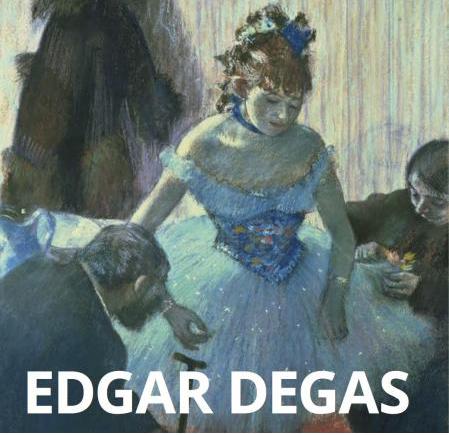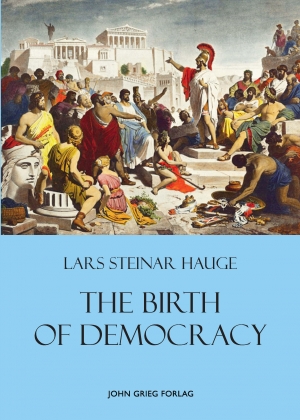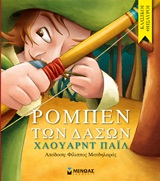A Philosophy for Europe : From the Outside
23,90 €
Εξαντλημένο
CompareAmidst a devastating economic crisis, two tragic events coming from the outside – the wave of immigration and Islamic terrorism – have radically changed the profile and significance of the space we call Europe. Given a paradigm leap of this sort, philosophical reflection is in a position to exert its creative power more than other types of knowledge. But this can only happen if it is able to go beyond its own lexical boundaries, by turning its gaze outside itself.
In this book, the leading Italian philosopher Roberto Esposito looks at how various strands of German, French, and Italian thought have achieved this outward turn and successfully captured international attention by breaking with the language of early nineteenth century crisis philosophies. When analyzed from this novel perspective, the great texts of Adorno, Derrida, Foucault and Deleuze, as well as works by the latest Italian thinkers, are cast in a new light. From the relationship and tension between them, reconstructed here with extraordinary theoretical sensitivity, a form of thought can arise that is equal to the challenges faced by Europe today. Critical theory, philosophies of difference and biopolitics, in their confrontation and friction, offer crucial lenses for bringing into focus the features of our time and for tracing the contours of what awaits us.
This erudite and wide-ranging analysis of European thought in the light of the crises facing the continent today will appeal to students and scholars of philosophy, critical theory and beyond.
| isbn13 | |
|---|---|
| Εκδότης | |
| author |
Σχετικά προϊόντα
σημαντικά και ενδιαφέροντα
επικαιρότητα
μας άρεσαν
μας άρεσαν
μας άρεσαν
κάτι διαφορετικό
επικαιρότητα











